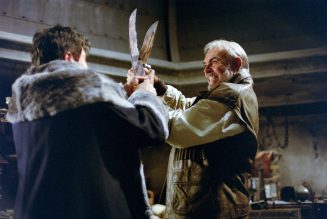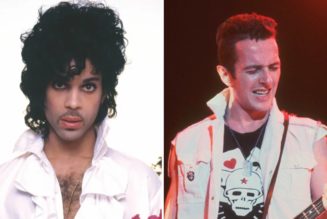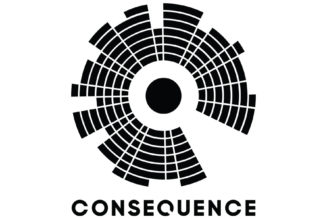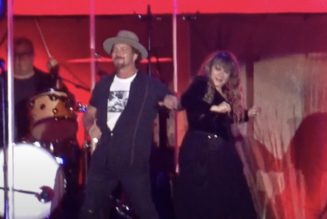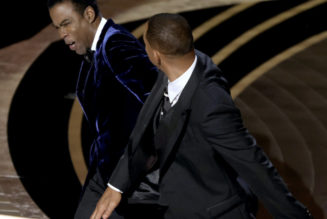
This review is part of our Sundance 2021 coverage.
The Pitch: In 1969, the same summer as Woodstock, a different music festival played just 100 miles away in Harlem. It was the third annual Harlem Culture Festival, a weeks-long celebration of soul, Motown, blues, and gospel where nearly 300,000 people gathered and celebrated the sounds of Stevie Wonder, Mavis Staples, Nina Simone, and a host of other Black artists at the time.
But the festival was more than, as it would be haphazardly marketed, the “Black Woodstock”. It was a nexus around which so many facets of Black life at the time would intersect, from Afrocentrism to the Black Panthers (who would provide security for the event) to the renewed reclaiming of the word “Black” to identify themselves in print and in person. The music was transcendent, but what the Festival meant to the citizens of Harlem at the time gave it so much more meaning than its obscured reputation belies.
A Questlove Jawn: It’d be remarkable to consider that Summer of Soul (…or. When the Revolution Could Not Be Televised) is the directorial debut of Roots frontman and all-around musical encyclopedia Ahmir “Questlove” Thompson, if not for the fact that he also feels like the exact person with the knowledge and passion to tell this story. Even so, there’s something incredible about the first-time filmmaker’s command of structure and message here, elevating Summer of Soul beyond rote, celebratory music doc into an ethnographic text of the many concerns and struggles Black people were going through at that exact time and place.
The Vietnam War was still raging, the Civil Rights Act was merely a few years old, desegregation was still in progress, and the Black community reeled from the successive deaths of JFK, Malcolm X, Dr. Martin Luther King Jr., and Robert F. Kennedy. At the same time, Harlem was still struggling with drugs and crime, white America more concerned with putting Whitey on the moon (the Apollo 11 landing happened during the festival) with addressing the concerns of poor Black and Brown people.
For so many people, the Harlem Culture Festival was a balm, a means of escape, and a gathering place for Black solidarity and pride. This was the time that Black people started to awaken to a new revolutionary consciousness, and they rode into it on a wave of fist-pumping, hip-swaying soul.
An Eruption of Spirit: While the Festival is rightly the focus (captured with vibrant alacrity by some gorgeously-restored 16mm footage that hasn’t seen the light of day for fifty years), Questlove’s approach is a bit Monterey Pop mixed with Black Power Mixtape, treating us to show-stopping performances annotated with the broader cultural context of individuals, artists, and the culture of the time.
As we listen to gospel legends like Miss Mahalia Jackson and Mavis Staples wail and belt through track after track, we learn about the history of church rituals as some of the earliest times Black people felt free to express themselves, and the importance that holds. When we get to Motown legends like Stevie Wonder and Sly and the Family Stone, we peek behind the curtain at the community history of Motown Records and the Afrocentrism movement. Wonder, Mavis Staples, Gladys Knight, and others show up to reflect on those experiences too, Questlove leaving no stone (or Family Stone) unturned in his detective-like zeal to point out every way in which the festival intersected with Black life at the time.
Most moving, though, are the recollections of individual concertgoers, who regale us with tales of growing up in Harlem, mothers bringing soul food to the fest to sell or eat themselves out of tinfoil-covered containers, and the sheer sense of collective awe at seeing so many Black people out in public, celebrating themselves and each other. Most chronicles of Black revolution and culture of the time focus on the big names like Jesse Jackson and Al Sharpton (both of whom make appearances in the doc), but Questlove understands the need to highlight the impact the festival had on the everyday Harlem resident.
But What About the Music? Oh Lord, the music — even if Questlove had restricted himself to building a straightforward concert doc with Summer of Soul, he’d have still been fortunate to have the pounding, energetic musical sequences on display. Set against the colorful, endearingly kitschy multi-colored backdrop of the festival stage, we’re treated to largely-uninterrupted (and rarely seen till now) performances from some of the best musicians in the business, from Sly and the Family Stone to The Staples Singers and beyond.
While the doc is honest about the context of struggle and oppression the festival exists within, it never loses sight of its emphasis on joy, solidarity, and community. When Nina Simone comes out at the end to knock your socks off with “Young, Gifted, and Black” and reads out the lyrics of “Are You Ready?” it’s at once a moment of shared collective joy and a rousing call to action for liberation and revolution. You’ll likely be watching this on your couch, whether at virtual Sundance or when this film hits wide release, but just try not to get up out of your seat and move your feet to “Aquarius/Let the Sunshine In” or “Higher.”
Editors’ Picks
The Verdict: Summer of Soul begins and ends with Musa Jackson, editor-in-chief of Ambassador Magazine and someone who attended the fest in his youth, watching footage from the festival, Questlove’s camera pointed at his face in awe. He breaks down in tears; he remembers attending the festival, but seeing it again right in front of him overwhelms him with joy, peace, a sense of relief. It breaks through the collective erasing of the fest from cultural memory, and it all comes back to him. “I knew it was real! I knew I wasn’t crazy.” This is what Summer of Soul feels like, a revelatory burst of Black history suffused with the joy and struggle that made it possible.



